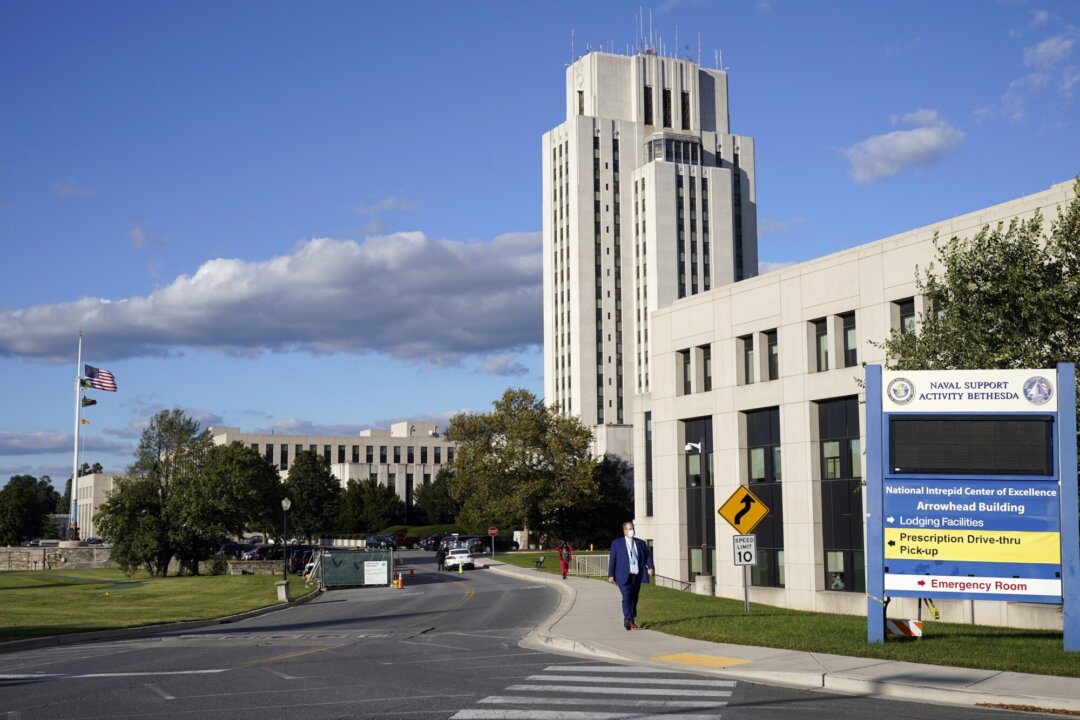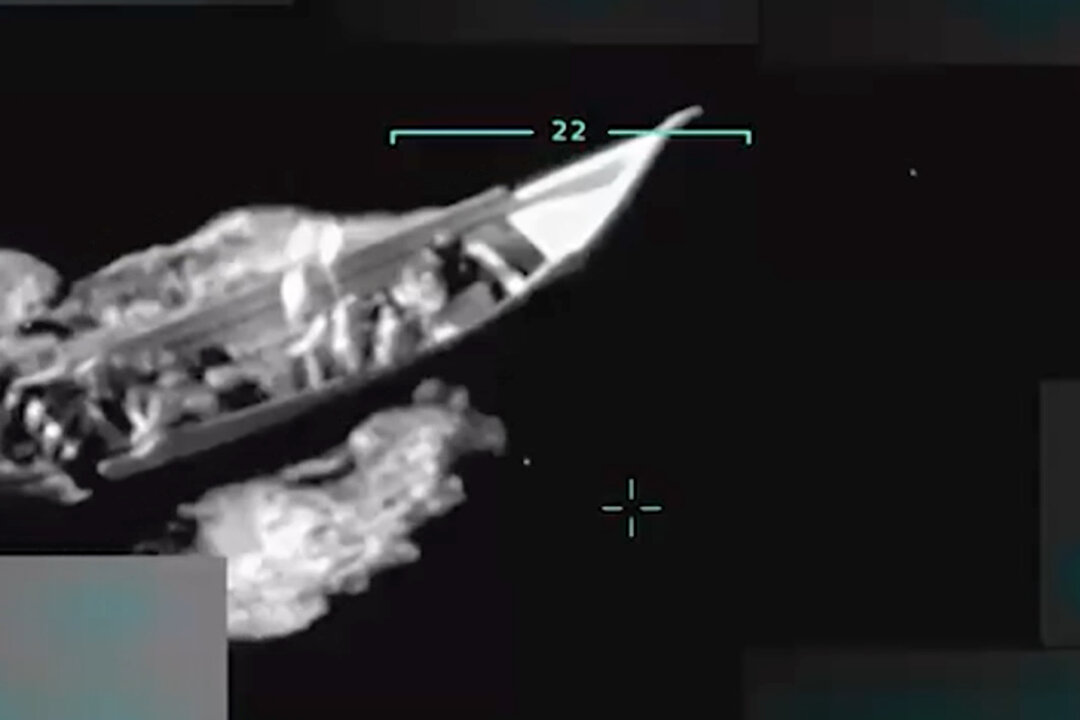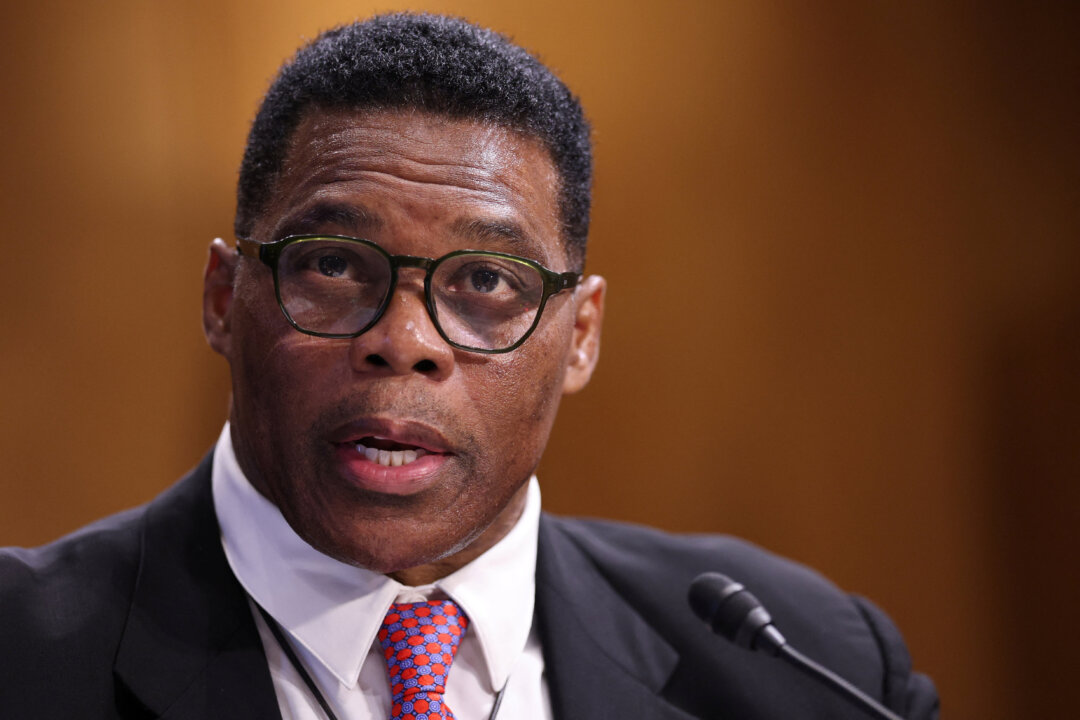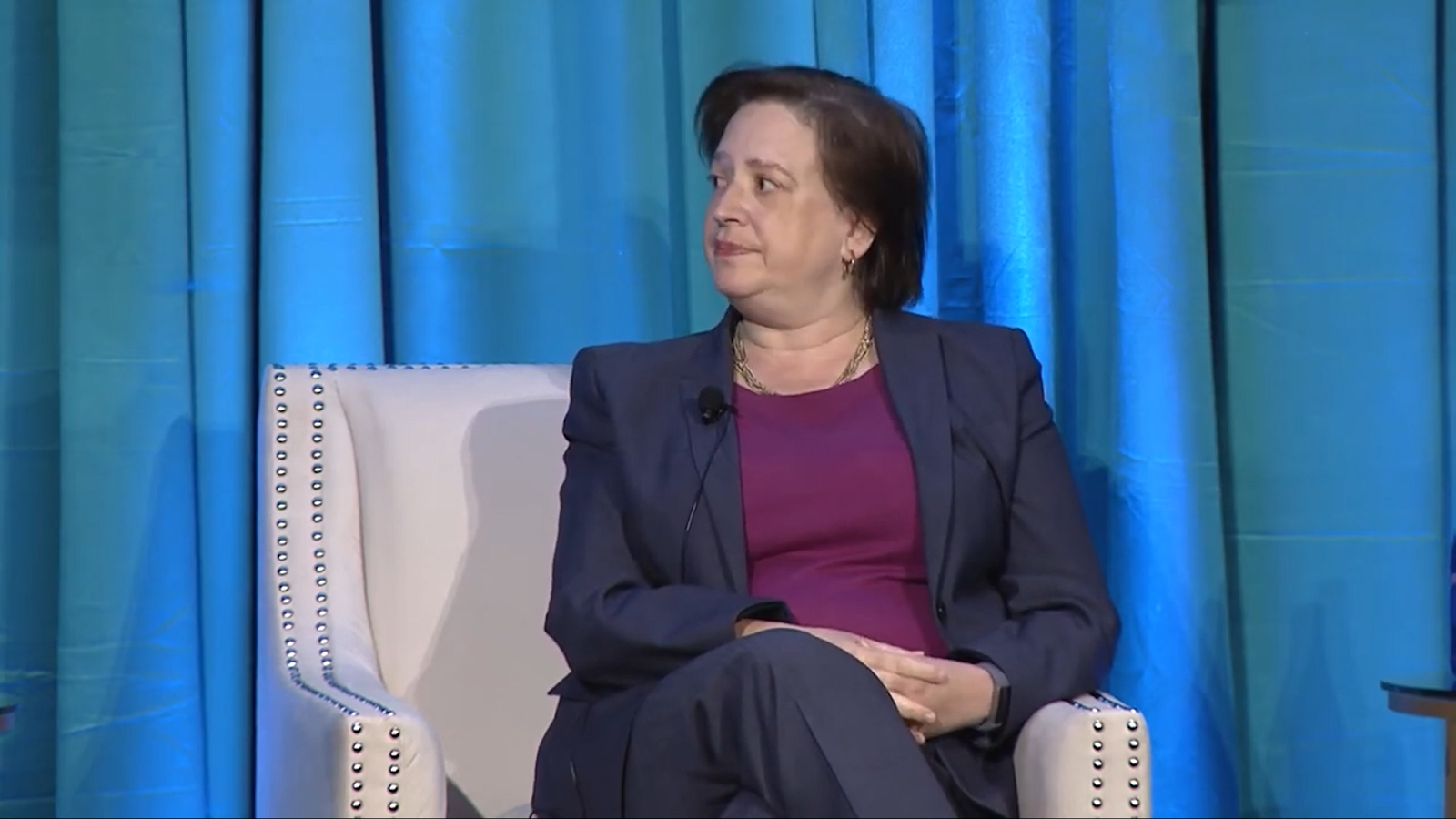As the U.S. unleashes a series of lethal strikes on cartel drug boats and President Donald Trump declared an "armed conflict" with the cartels, experts gave insight on what Americans can expect to see next in the "quasi-war" taking place at the country’s doorstep.
On Tuesday, Trump announced the U.S. military had carried out another kinetic strike on a suspected drug vessel off the coast of Venezuela, killing six suspected smugglers. This is the fifth of such strikes on a drug boat in the last several weeks and, according to experts, one of the first important steps to decimating the cartels.
The strikes come after the White House sent Congress a memo on Sept. 30 informing them that the U.S. is now participating in a "non-international armed conflict" with drug smugglers. Currently, the U.S. has amassed an impressive collection of naval and air assets stationed around Venezuela, a country whose socialist dictator, Nicolás Maduro, the Trump administration has accused of being in league with cartels.
Experts say these strikes could mark the start of a broader military campaign targeting cartel logistics and command networks.
WAR ON CARTELS? WHITE HOUSE SAYS IT HAS AN IRON-CLAD CASE TO STRIKE NARCO-TERRORIST GROUPS
Speaking with Fox News Digital, Derek Maltz, former acting director of the Drug Enforcement Agency (DEA), called the Trump administration’s moves "unprecedented action for an unprecedented threat."
He explained that, unlike in previous administrations, the second Trump administration has enabled a "whole of government" approach to targeting the cartels by designating them as "foreign terrorist organizations." This designation empowers not just agencies like the DEA to take action against the cartels but also the Departments of War, State, Treasury, Justice and others.
"This is not the same old drug crisis we've been talking about for 50 years. This is something totally different. This is a poisoning crisis and our kids are dying," Maltz said, adding, "The cartels are killing more Americans than any other terrorist organization in the history of this country."
In response, Maltz said the president is "building a powerful force of good, an army of good, to help defeat evil and to actually destroy these adversaries that are killing our citizens at record levels."
Maltz said the first step was shutting down the border to stop the flow of fentanyl, meth, cocaine and other drugs, as well as criminal elements into the U.S. overland. This, Maltz explained, pushed the cartels to carry drugs via sea and air routes, which has prompted the Trump administration to crack down on those as well.
He said that next the U.S. will need to hit the cartels' command nodes, either working through international partners like Mexico and El Salvador or, like the drug boat strikes, directly through U.S. military assets.
"Based on everything I've heard, the Mexican government is hitting labs very hard, making more arrests than they had … so they're aggressively going after the cartels. They're removing these really bad guys into America for prosecution."
Brent Sadler, a senior research fellow for naval warfare and advanced technology at the Heritage Foundation's Allison Center for National Security, described the conflict with cartels as a type of "quasi-war" in which not only the U.S. is fighting against not only non-state, paramilitary-style cartels but also indirectly against international enemies like Venezuela, Hezbollah and China that have been working with the cartels.
"The demonstration of willingness to go and kill these cartel members while they're moving their ships full of drugs sends a chilling effect through their support network," he explained. "And when they start losing that ability to pay off their support network, the business model falls apart and they actually start fighting each other; they turn in on each other."
TRUMP REFUSES TO RULE OUT STRIKING VENEZUELA. WHAT'S NEXT FOR TRUMP'S WAR ON DRUGS?
Sadler said that while the U.S. forces currently appear to be concentrated around Venezuela in the Caribbean, he expects the focus will eventually shift to the cartels’ drug routes in the Pacific as well as transatlantic routes to Africa and Europe.
"I would not be surprised if you start to see the military hammer of this or the balance of the military assets shift either to the Pacific. Or if they shift over more to the Central Atlantic to go after these other routes."
He predicted that the sea strikes will continue and that if cartels start to shift to rely more on airplanes, Americans may start to see some of those being "shot out of the sky" in international airspace.
Eventually, he said the strikes will likely be dialed down along with the scale of U.S. naval vessels in the Caribbean. As this happens, he said the U.S. will likely both leverage its international partners and enable them to interdict drug vessels as well as sustain U.S. special operations capabilities, helicopters and aircraft operating out of Puerto Rico and other bases nearby, to provide overwatch and the ability to intercept any of these ships that come out.
TRUMP APPROVES MILITARY ACTION AGAINST LATIN AMERICAN CARTELS CLASSIFIED AS TERRORIST ORGANIZATIONS
Both Sadler and Maltz emphasized the importance of hitting the cartels from every angle, using every available partner and government agency, even education.
"We have to teach. We have to do a lot more work on the demand side," said Maltz.
He predicted that, once confirmed, Sara Carter, Trump’s pick for the head of the Office of National Drug Control Policy, would "initiate a lot of educational programs" designed to educate on the dangers of the new drugs being pushed by cartels and other foreign adversaries.
"We can hit boats, and we can go after command and control. But if we don't teach our kids and our parents in this country about this devastating crisis with these very, very dangerous, lethal substances that we've never seen in this country in history, then they're going to continue to find ways to get this stuff in here," said Maltz.
.png)
 3 hours ago
2
3 hours ago
2














 English (US)
English (US)